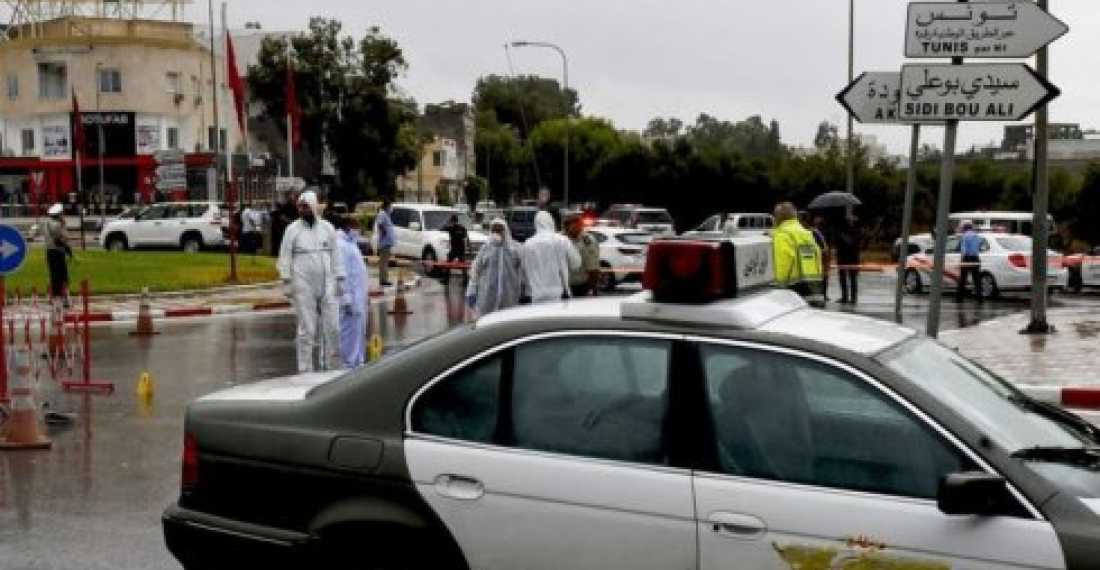Tunisia's new technocratic government faced threats from jihadist violence within days of its appointment. This week Tunisia's parliament approved a new government formed by Prime Minister-designate Hichem El Mechichi.
Mr El Mechichi appointed technocrats to his government rather than members of political parties as had been the case in the past. It immediately faced challenges from jihadist who continue to pursue indiscriminate violence. Security officials say a police officer has been killed and another wounded in a knife attack in the coastal resort of Sousse.
The Tunisian Interior Ministry said suspected militants on Sunday (6 September) rammed their vehicle into a National Guard checkpoint in the Mediterranean city where fire exchange happened. Just before the gunfire, two officers were stabbed by attackers, leaving one dead and another injured. Since 2013 Tunisia has suffered a number of terrorist attacks that claimed the lives of scores of security and military personnel and foreign tourists. The authorities have already detained suspects believed to be connected to the knife attack.
On Monday, the Daesh/ISIS terrorist group claimed the attack. The city of Sousse, 140 kilometres south of capital Tunis, was the scene in June 2015 of the killing of 38 people, mostly British holidaymakers. ISIS also claimed responsibility for that attack.
source: commonspace.eu with agencies
photo: Police crime scene in Sousse, Tunisia after a terrorist attack. (picture courtesy of BBC)






